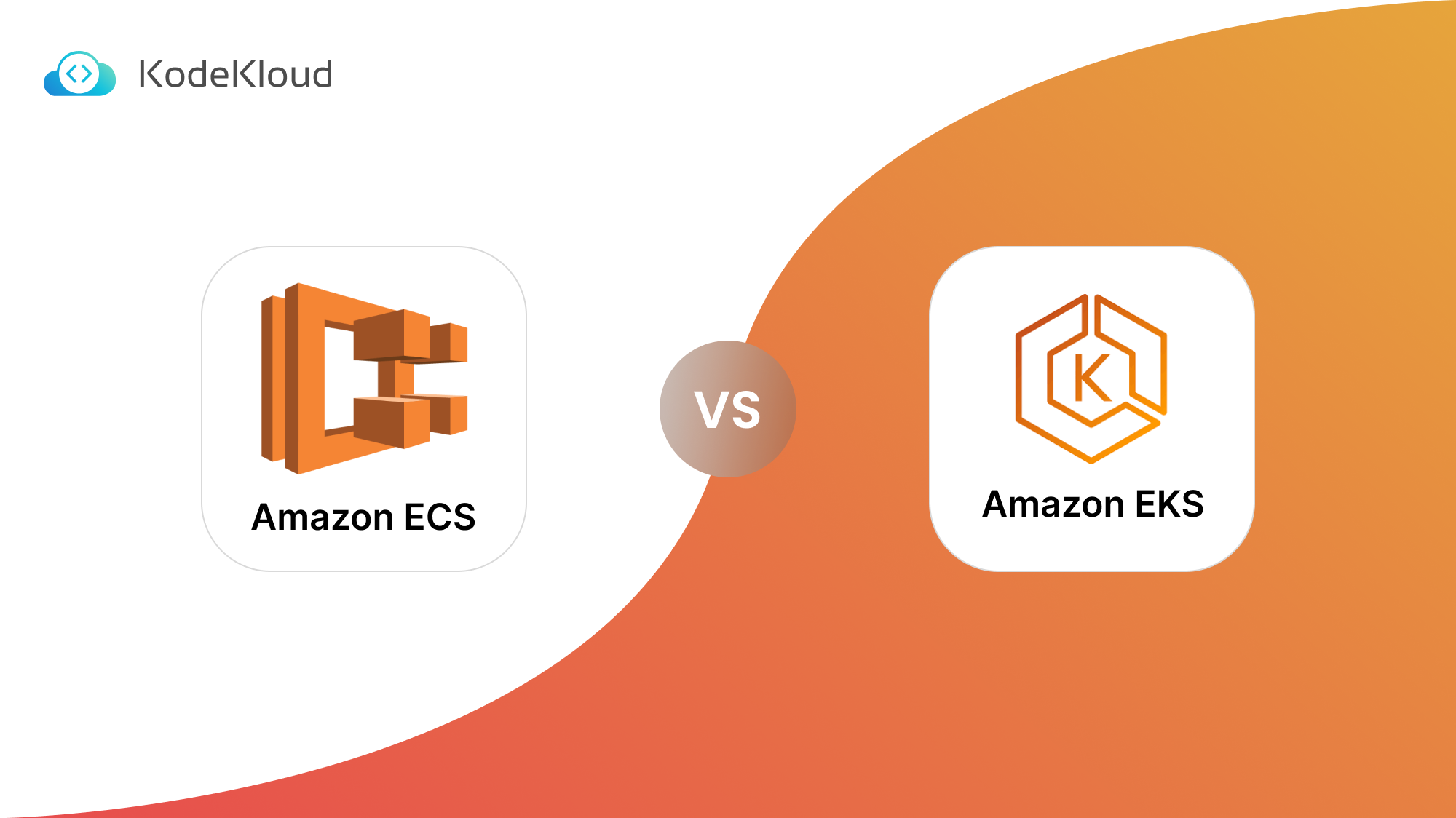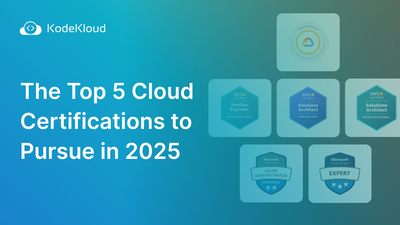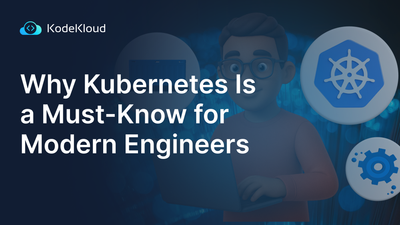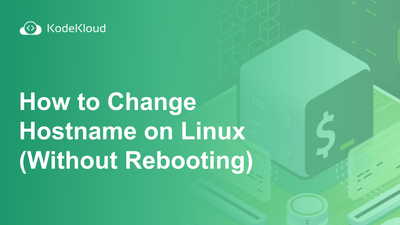Introduction to Container Orchestration
In the fast-paced world of software development, containerization has emerged as a pivotal technology for deploying applications with speed and efficiency. Containers encapsulate an application's code, configurations, and dependencies into a single object, which can run consistently on any infrastructure. However, as the number of containers grows, managing them manually becomes impractical. This is where container orchestration steps in.
Container orchestration automates the deployment, management, scaling, and networking of containers. Amazon Web Services (AWS) offers two primary container orchestration services: Elastic Container Service (ECS) and Elastic Kubernetes Service (EKS). Both services aim to simplify the process of managing containers but do so in different ways and with different tools.
ECS is a proprietary AWS container management service that integrates deeply with the AWS ecosystem, offering a straightforward approach to container orchestration. EKS, on the other hand, is AWS's managed service that makes it easier to run Kubernetes, an open-source container orchestration platform, on AWS.
Check out our course on Amazon ECS:

Understanding the nuances of ECS and EKS is essential for developers and system administrators who are looking to deploy containerized applications on AWS. The choice between ECS vs EKS can significantly impact the ease of deployment, management, and scalability of applications.
Elastic Container Service (ECS): Simplifying Container Management
Amazon Web Services (AWS) designed the Elastic Container Service (ECS) with simplicity and deep integration with the AWS ecosystem in mind. ECS is a fully managed container orchestration service that facilitates the deployment, scaling, and management of containerized applications.
The ECS Ecosystem
ECS allows you to launch and stop container-based applications with simple API calls, enabling you to manage a cluster of servers that run containerized applications with ease. The service is built to work seamlessly with other AWS services, such as Elastic Load Balancing for distributing traffic, Elastic Block Store (EBS) for persistent storage, and CloudWatch for monitoring.
Cluster Management
When you use ECS, you begin by creating a cluster, which is a grouping of EC2 instances that ECS manages. Within this cluster, you can run your containerized services and tasks. ECS handles the orchestration and provisioning of containers on the instances within the cluster.
Task Definitions
In ECS, you define your applications using task definitions. These are JSON files that describe one or more containers that form your application, specifying the Docker image to use, the CPU and memory allocations, the networking settings, and more.
Service Scheduler
ECS includes a service scheduler that manages the desired count of instances of the defined task in your cluster, ensuring that the specified number of instances are always running and restarting tasks if they fail.
Launch Types: EC2 and Fargate
ECS offers two launch types for running your containers:
- EC2 Launch Type: This launch type allows you to manage a cluster of EC2 instances and run containerized applications on them. You have control over the instance types, the VPC configurations, and more.
- Fargate Launch Type: Fargate is a serverless compute engine for containers that works with both ECS and EKS. With Fargate, you don't need to manage servers or clusters; instead, you define your application's requirements, and Fargate allocates the necessary compute resources.
ECS's integration with AWS services and its straightforward management tools make it an attractive option for many AWS users. It's particularly beneficial for those who prefer a more hands-off approach to infrastructure management or those deeply embedded in the AWS ecosystem.
Elastic Kubernetes Service (EKS): Embracing Kubernetes on AWS
Elastic Kubernetes Service (EKS) is Amazon's managed service that simplifies running Kubernetes on AWS without requiring the installation and operation of your own Kubernetes control plane or nodes. It's a powerful tool for those who want to leverage the widespread and robust ecosystem of Kubernetes without the complexity of managing it.
Kubernetes: The Open-Source System
Kubernetes is an open-source system for automating the deployment, scaling, and management of containerized applications. It groups containers that make up an application into logical units for easy management and discovery. Kubernetes is known for its high level of flexibility and its ability to run on various environments, including on-premises, public clouds, and hybrid clouds.
EKS Control Plane
With EKS, AWS manages the Kubernetes control plane, which includes the master nodes and the etcd database. This management relieves users from the overhead of setting up, scaling, and securing these components themselves. AWS ensures that the Kubernetes control plane is highly available and automatically handles updates and patches.
Worker Nodes and Fargate
When using EKS, you have options for your worker nodes, which are the EC2 instances that run your containers:
- Self-managed nodes: You can maintain granular control over the EC2 instances by managing them yourself.
- Managed node groups: AWS provides an option to automate the provisioning and lifecycle management of nodes, simplifying the process.
- Fargate: For a serverless option, EKS can integrate with AWS Fargate to remove the need to manage servers or clusters actively.
EKS and the Kubernetes Ecosystem
EKS is fully compatible with the Kubernetes ecosystem, meaning you can leverage existing plugins and tools from the Kubernetes community. It also supports Kubernetes-native applications and workloads, which can be seamlessly migrated to EKS.
EKS Networking and Security
EKS is integrated with AWS networking and security services, such as VPC for networking isolation, IAM for authentication, and CloudTrail for logging. This integration ensures that your Kubernetes clusters are secure and compliant with AWS standards.
EKS offers the power of Kubernetes with the ease of a managed service. It's ideal for those who are looking for the scalability and flexibility of Kubernetes without the complexity of managing it themselves.
ECS vs. EKS: Choosing the Right Service
When deciding between AWS Elastic Container Service (ECS) and Elastic Kubernetes Service (EKS), it's essential to consider your project's requirements, your team's expertise, and your long-term goals. Here's a comparative look at both services to help you make an informed decision.
Integration and Compatibility
ECS is deeply integrated with AWS services, offering a more seamless and straightforward experience for those already heavily invested in the AWS ecosystem. It's a good fit if you want a solution that works 'out of the box' with other AWS services.
EKS leverages the power of Kubernetes, which means it's compatible with the vast Kubernetes ecosystem. This is beneficial if you're looking for extensive community support, a rich set of features, and the flexibility to run your workloads on AWS or elsewhere.
Management and Ease of Use
ECS is simpler to manage because it abstracts much of the complexity away. It's easier to use if you're not familiar with Kubernetes and want to avoid its steep learning curve.
EKS requires a deeper understanding of Kubernetes, which can be more complex but offers greater control and flexibility. It's suitable for those who need Kubernetes' advanced features or are already using Kubernetes in other environments.
Scalability and Performance
Both ECS and EKS scale well, but the way they handle scaling differs. ECS is more straightforward, while EKS offers more options and flexibility through Kubernetes' autoscaling capabilities.
Cost Considerations
ECS does not incur any additional cost for the container orchestration service itself; you only pay for the AWS resources (e.g., EC2 instances) that your containers use.
EKS charges for the Kubernetes control plane on top of the resources consumed by the containers. This can make EKS more expensive than ECS, especially for smaller workloads.
Vendor Lock-in vs. Open Source
ECS is a proprietary AWS service, which could lead to vendor lock-in. If you anticipate the need to move your applications to another cloud provider or a hybrid environment, this could be a limitation.
EKS uses the standard Kubernetes, which is open-source and runs the same way on any cloud provider that supports Kubernetes. This can prevent vendor lock-in and provide more flexibility for multi-cloud or hybrid strategies.
Conclusion: Tailoring to Your Needs
Ultimately, the choice between ECS and EKS should be based on your specific needs and constraints. If you require a straightforward, tightly integrated AWS service and want to avoid the complexity of Kubernetes, ECS may be the way to go. If you need the flexibility, scalability, and extensive feature set of Kubernetes, and you're prepared to handle its complexity, EKS could be the better choice.
Both ECS and EKS are robust, scalable solutions for container orchestration on AWS. Your decision will depend on your team's expertise, your existing infrastructure, and your future plans for scaling and potentially moving across different environments.
Check out our AWS Career Path:
.webp)
Check out our full video on YouTube:

















Discussion